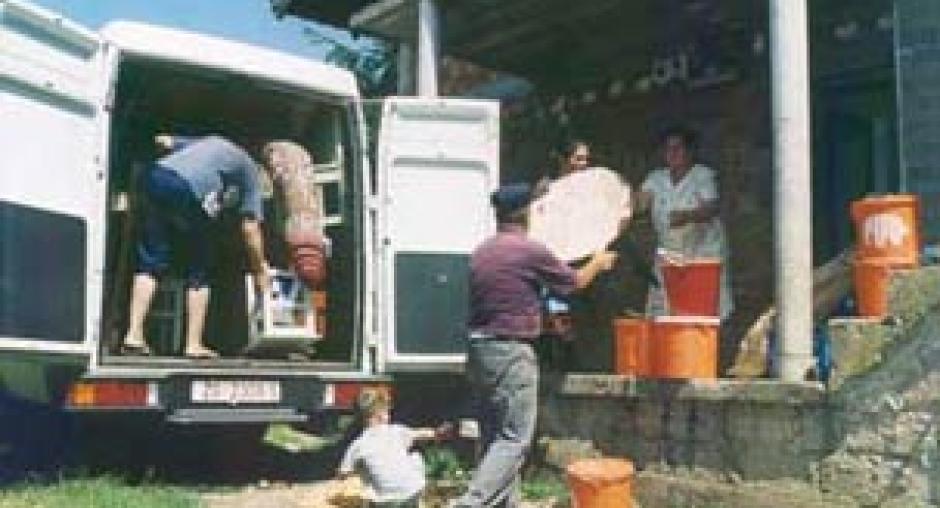Working towards an exemplary multi-ethnic and multicultural society
“Working for the OSCE Mission as a property rights expert from 1997 to 2000, I saw how people hoping to regain their homes viewed the OSCE as their last resort.
It was a tough process. As soon as we finished assisting with processing one repossession claim, a new process began for the family that was about to lose its temporary home. Nonetheless, the OSCE maintained its integrity and its image of neutral adviser and fierce guardian of the rule of law.
Afterwards came softer, but equally cumbersome, systemic reforms in education and public administration.
As we work on furthering these processes, our hope is to move past the short-term compromises intended only to end the conflict in 1995, and to adopt new policies that will enable Bosnia and Herzegovina to become an exemplary multi-ethnic and multicultural society. Recently I had the pleasure of supporting an initiative whereby officials from one of the least developed municipalities in my area, Teočak, travelled for 10 hours by van to learn from the experience of another municipality, Posušje [see story in OSCE Magazine 3 2010]. Neither ethnicity nor political affiliation played a role in the choice of destination — the only criterion was to find a good model to help Teočak with its development planning.”
Faketa Pipal, National Programme Officer in Municipal Development in the Field Office in Tuzla
This article first appeared in issue 4/2010 of the OSCE Magazine.

